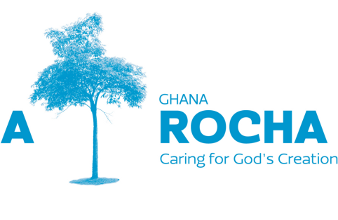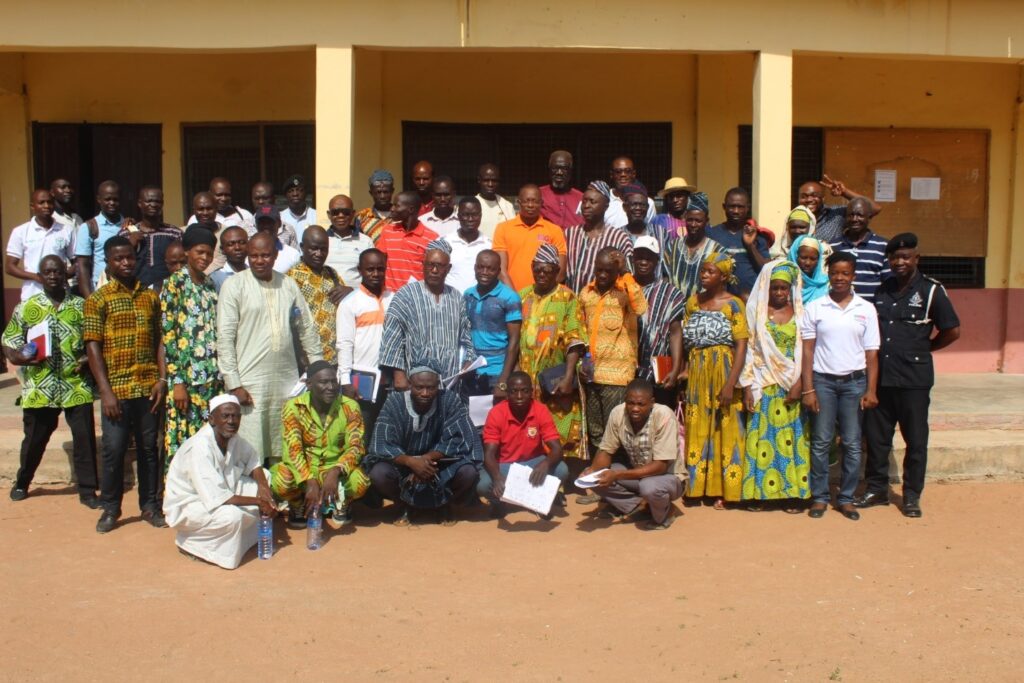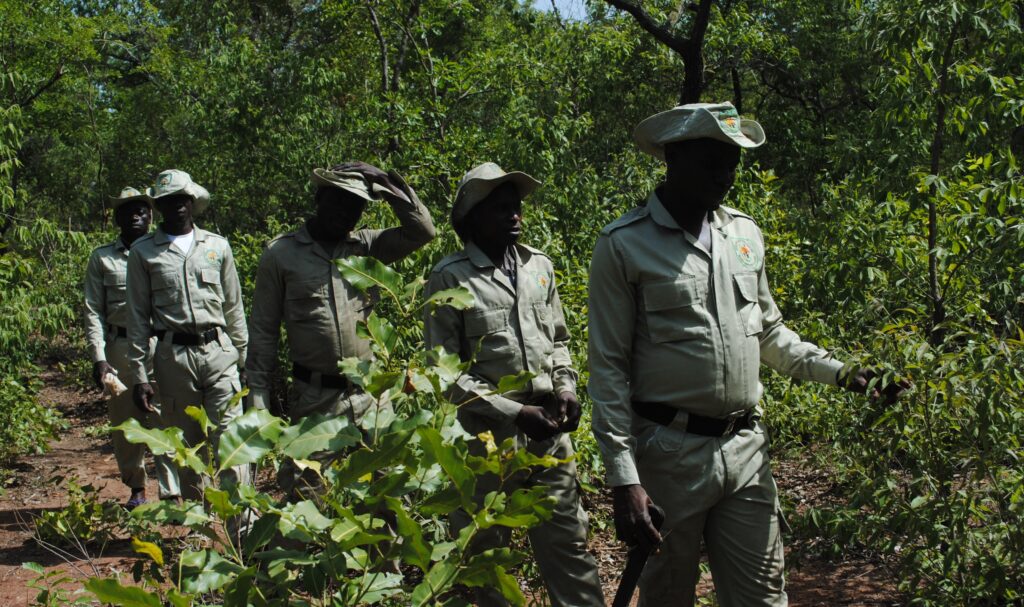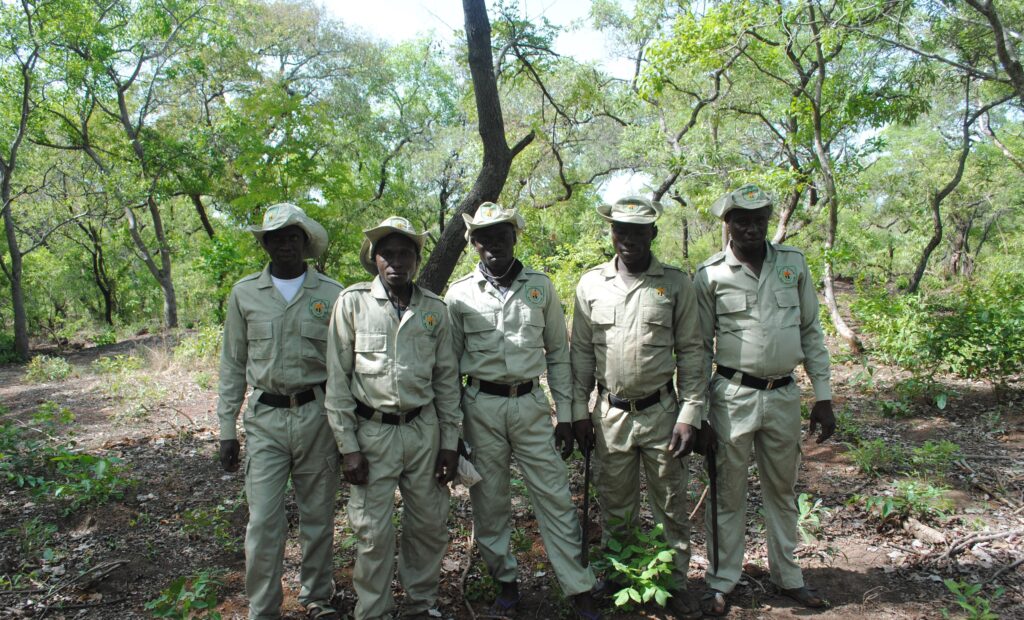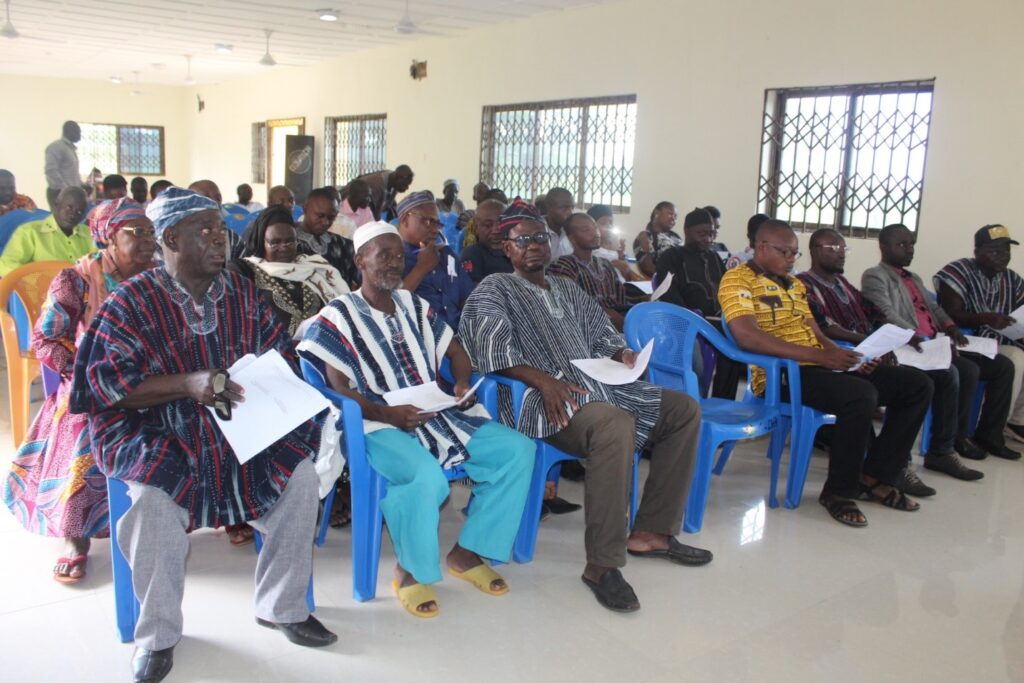Three MMDAs Pass Bye-Laws to Support Community Protection of Natural Resources
The quest to empower local communities to participate and benefit from the sustainable management of natural resources in off-reserves areas, gets another boost by the successful gazetting and publication of Community Resource Management Area (CREMA) Bye-laws by three (3) MMDAs within the Mole Ecological Landscape in the northern parts of Ghana.
In total, five (5) CREMAs in the Savannah Region namely, Murugu-Mognori CREMA in the West Gonja Municipality, Yazori Kumbo CREMA, Bawena-Kpulumbo CREMA, Gurubagu-Wawato CREMA, all in the North Gonja District and Jilinkon CREMA in the Sawla-Tuna-Kalba District were incorporated.
Facilitation and support for stakeholder mobilisation and awareness and capacity building on the relevance of sustainably managing natural resources in off-reserves were done with support from A Rocha Ghana, NorthCode and the Collaborative Unit of the Mole National Park of the Forestry Commission of Ghana and the Wasipe and Busunu Traditional Area Councils.
CREMAs
The CREMA concept involves the devolution of management authority to communities who have organized themselves to manage natural resources and wildlife on their land, for sustainable development. The concept recognizes wildlife management as a legitimate and complementary land use option.
A CREMA, therefore, is an area endowed with or has the potential for recruitment of natural resources where management authority has been devolved to the constituent institutions. Institutionally, it is a community-based organisation that is built on existing community decision making structures, with an executive body and a constitution that guide its activities and regulations.
Consequently, a District/Municipal Assembly bye-law gives legitimacy to the constitutions of the various CREMAs. Looking at it from a community perspective, it is an arrangement that enables participatory and collective decision making for ‘common’ natural resources.
Making of the Bye-laws
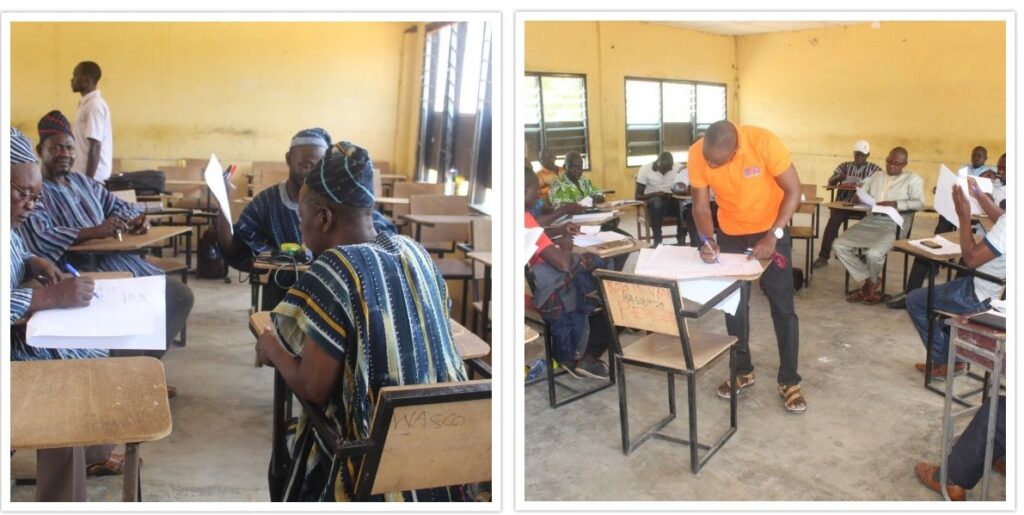
Left: Draft Bye-law Review group work by Chiefs Right: Cross section of Assembly Members at Draft review
As a remit of the District/Municipal Assemblies, the bye-laws were drafted in collaboration with the relevant stakeholders including the Community Chiefs, CSOs, Assembly persons and their likes, following series of community meetings to determine the relevant provisions to be contained in the bye-law.
The Justice and Security Sub-committees of the Assembly as per their mandate comprehensively reviewed the documents before presenting to the General Assembly for approval.
The Savannah Regional Minister through the Co-ordinating Council after a careful assessment approved for the by-laws to be gazetted. This was critical to ensure that the bye-laws are fair and not in contravention of any national statutes and customary laws.
With the recent surge in over-exploitation of natural resources such as illegal logging, charcoal production, overgrazing, these bye-laws would provide communities with the needed compliance and enforcement tools to empower and strengthen efforts to implement sustainable resource management practices, within the increasing vulnerable savanna regions of Ghana.
Find full document HERE
